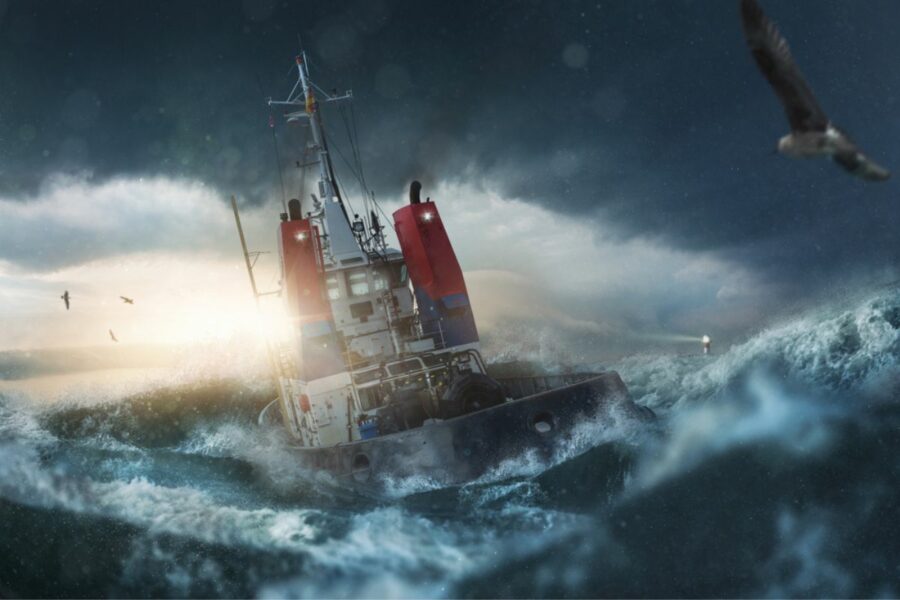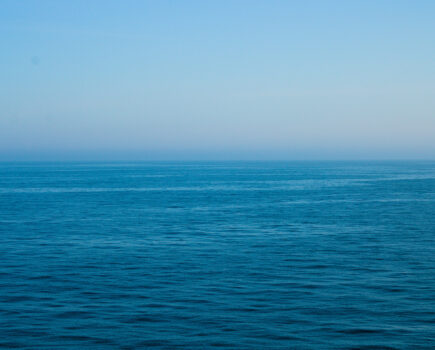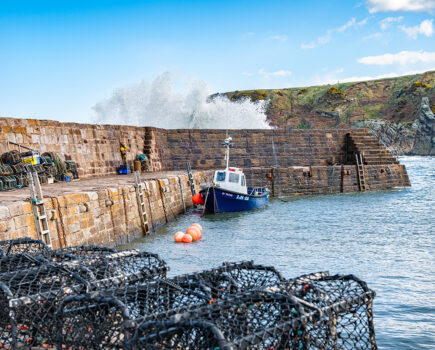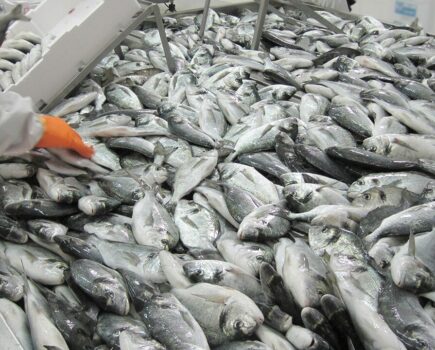As a seafarers’ charity moved to stress the support available to crew and vessel owners concerned about their financial futures last week, fishing industry leaders warned of the combined impacts of rising interest rates and a devalued pound on an already stretched industry, reports Andy Read and Tim Oliver.
The 20% devaluation of the pound against the dollar will lead to higher fuel prices and increased salary costs for many foreign crews contracted in dollars, they said. It will also affect overseas crew relying on linked exchange rates to send remittances home to their families.
Processors concerned about the retention of processing staff, many from eastern areas of the EU, also cautioned against potential impacts in the medium term for staff who would see huge inflationary cost of living increases in the UK, as well as a reduction of around 15% in the value of their own euro remittances, as a result of the pound’s slide against that currency.
In addition, many processors, competing against buyers paying in euros or dollars, raised concerns about what may be a 15-20% increase in some raw material prices.
Mike Park, chief executive of the Scottish White Fish Producers’ Organisation, said ‘the perfect storm has not yet hit our members, but we are seeing the main elements of it in place’.
“Fuel won’t rise by quite as much as the slide in the pound against the dollar, but it certainly is a long-term concern. Thankfully, oil prices have been dropping recently, taking some of the sting out of the exchange rate changes.
“Likewise, our owners who have taken bank loans towards the purchase of new boats have largely done so on rates that are fixed, at least for a while into the future. There will be a hit, though, for some owners who have contracted to pay their foreign crews in dollars, and this is something they will simply have to take on the chin.
“That is the short term. A contraction in demand for species in Scotland due to weaker processing, a long-term hike in interest rates, sustained high fuel prices, and we start to reach the perfect storm scenario.”
NFFO chief executive Barrie Deas said it was difficult to assess the impact of government policies at this stage, as the financial situation was volatile and unpredictable.
“It’s a rapidly unfolding situation, and in my experience in these scenarios for every loser there’s a winner, and for every winner there’s a loser. The fall in the pound will make it easier to export, but imports will be more expensive,” he told Fishing News.
“There’s also the deregulation angle – on the one hand the Truss government are pushing ahead with offshore wind, but on the other hand deregulation might mean taking the foot off the pedal on some things like HPMAs, which are poorly thought through.
“It’s a rapidly unfolding situation. The fall in the pound will make it easier to export, but imports will be more expensive”
“We have an executive meeting next week (11 October) when we’ll be taking stock of the situation. We have a new government, new ministers, a new economic approach, and we’ll be looking at the consequences of all these changes.”
In terms of the impact on fuel prices, he said there are short, medium and long-term consequences of a weak pound, alongside uncertainty about whether the government will stick to its economic policy.
He referred to the unusually outspoken statement last week from the International Monetary Fund (IMF), which openly criticised the government’s tax cut plans and warned they are likely to add to the cost of living crisis and pressures pushing up prices.
“The question is: will the government double down on its plans and push ahead, or will they have a rethink? It’s very difficult to speculate,” said Barrie Deas.
At Brixham, the fuel price last week was 85p duty-free, which was ‘not too bad’, said Barry Young, managing director of Brixham Trawler Agents, which manages and operates Brixham fishmarket.
He said that despite the financial volatility and weak pound, things were currently ‘OK’ at the South West port, which exports a large proportion of its high-value catches to EU countries. The relative strength of the euro against the pound would compensate for rising fuel prices to some extent, though at the expense of higher fish prices for UK processors and consumers.
“Fish prices are really good at the minute, so it’s making up for the fuel price.
“It’s not bad for the industry – we’re starting to catch a bit of cuttle, though not as much as we’d like. We’d like double the amount – it’s very sparse this season, but the prices are OK.
“The beamers seem to have 80 to 100 boxes each, and the prices are holding to give them a decent week’s work, with the sole prices high as well – with our European connections now, things seem to be holding up.”
In a statement to Fishing News, The Seafarers’ Charity stressed that the Seafarers’ Advice and Information Line (SAIL) was available to all involved in the industry, including owners and crew concerned about their finances and other welfare issues.
“If you are a UK resident, you can contact this Citizens’ Advice service for seafarers. SAIL provides free, independent, impartial and confidential advice by telephone, email, post or fax. SAIL can be contacted on: 08457 413318 or by email: advice@sailine.org.uk
“The charity also awards in excess of £2m in grant funding to support a wide range of welfare services to fishers, seafarers and their families in the UK and internationally.”
This story was taken from the latest issue of Fishing News. For more up-to-date and in-depth reports on the UK and Irish commercial fishing sector, subscribe to Fishing News here or buy the latest single issue for just £3.30 here.








